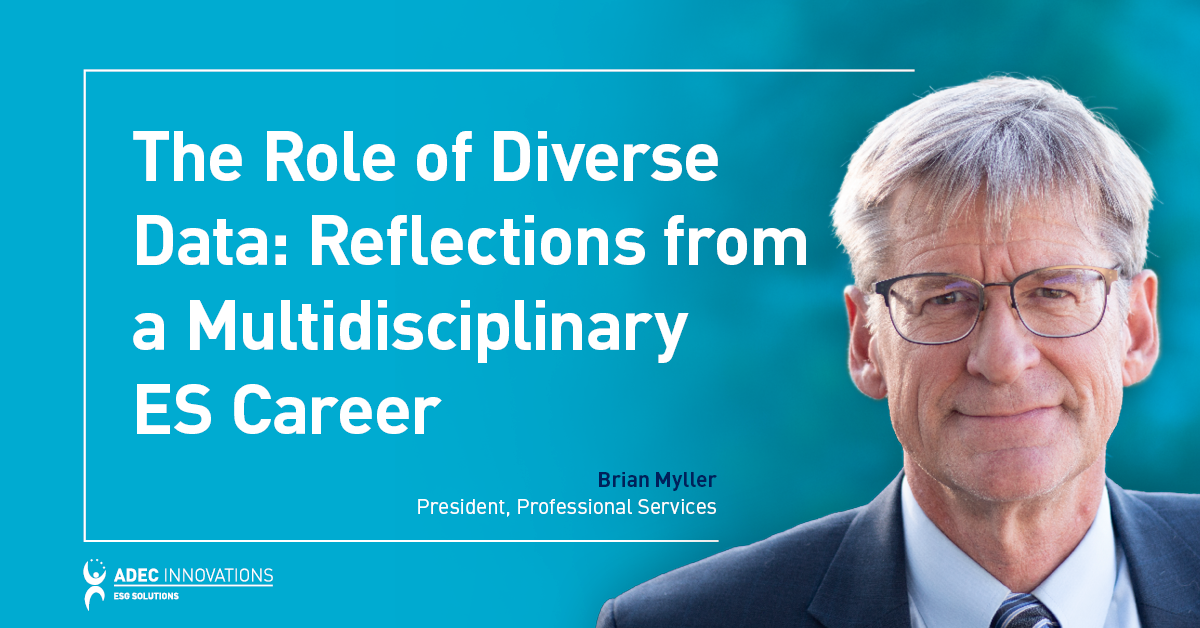Climate change is a worldwide concern, defined as a change in global or regional climate patterns; in particular, a change apparent from the mid- to late 20th century onwards, and attributed largely to the increased levels of atmospheric carbon dioxide produced by the use of fossil fuels. With continuous changes to climate patterns, numerous agencies have adopted Climate Action Plans (CAPs). CAPs address air quality, greenhouse gas (GHG) emissions, transportation strategies, land use, open spaces, economic development, water management, recycling and more. Although various agencies may concentrate on different categories with more emphasis, the importance of CAPs are the effectiveness of the implementation and the longevity.
In the State of California, several cities have already adopted CAPs, while fewer agencies have adopted Sustainability Plans. CAPs are adopted for a specific country or city to address climate change and to combat against it, while Sustainability Plans allow systems and processes to be able to function on their own for long periods of time.
As an example, the City of Santa Monica adopted a Sustainable City Plan in 1994 (updating/revising it in 2003, 2006 and 2014), which ensures that it continues to meet the current environmental, economic and social needs of its community without compromising the needs of future generations. The city’s Sustainable City Plan is intended to identify the underlying causes of problems rather than the indicators of those problems, and aims to think about the future while making decisions for the present. Following this model, it should be a goal for every agency to create their CAP tied to a Sustainability Plan.
Sustainability can be defined as meeting the needs of the current generation without endangering the ability of future generations to meet the needs of their own. Effective Sustainability Plans have the ability to strengthen CAPs, general plans and any plans by the government regarding climate change and the betterment of their economy, and also acknowledge the needs of future generations. According to the United States Environmental Protection Agency (EPA), all things needed for survival or well-being depend, directly or indirectly, on our natural environment. Based on this simple principle, agencies and citizens must be mindful of natural resources.
Sustainability Plans have the opportunity to lessen the burden on future generations and assist with the implementation of CAPs and General Plans to be more effective for today and future generations.
FirstCarbon Solutions (FCS) is a leading provider for environmental, sustainability and compliance solutions, delivering fully-integrated consulting, software and data management services. We help governments and organizations recognize sustainability as a main driver for practices and regulations, and help manage sustainability processes by providing solutions for operational efficiency, growth and sustainability.




